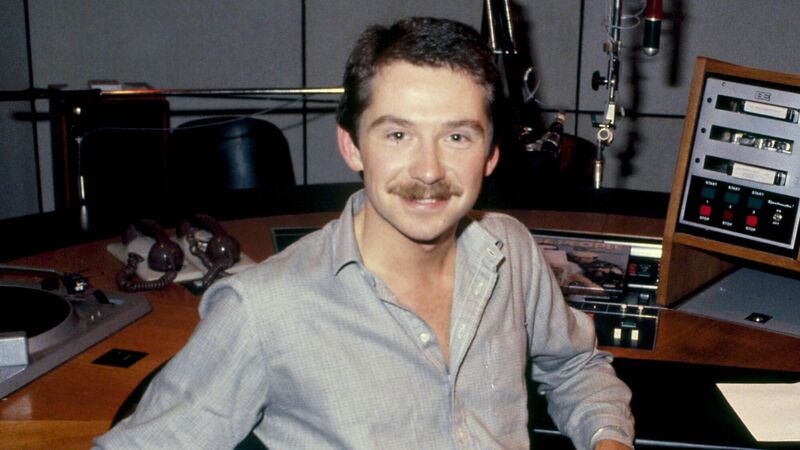Vincent Hanley’s friend Terry O’Sullivan speaks about watching last night’s RTÉ documentary

Vincent Hanley: the presenter of RTÉ's MT USA, the first programme of its kind on Irish television in the 1980s that gave young people a look at Stateside pop culture
Terry O’Sullivan is a psychoanalytic psychotherapist, a founding member of the Rutland Centre and one of pioneering RTÉ music-television personality Vincent Hanley’s best friends.
Last night’s documentary on RTÉ told the harrowing story of Terry collecting Vincent, presenter of pop-music clip programme MT USA, from Dublin airport, and having to give his 33-year-old friend CPR on the way to the hospital. Watching the programme brought back a lot of difficult memories.




